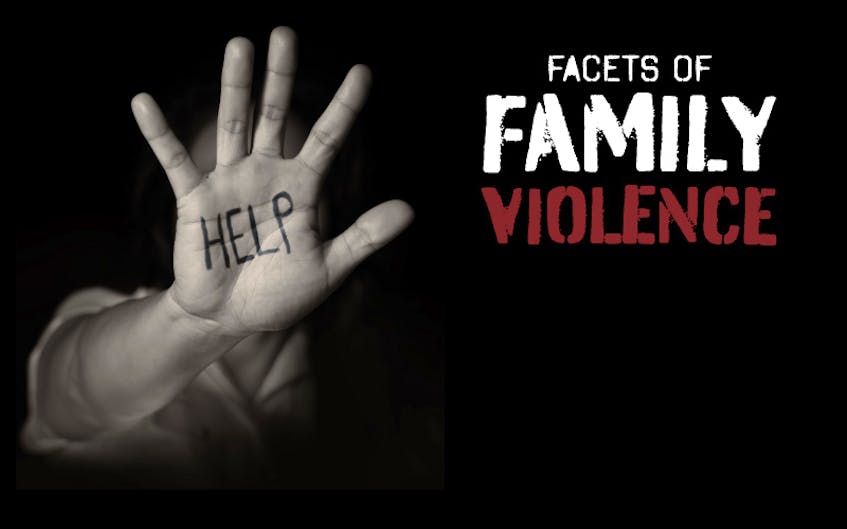PART 1 — Abuse takes many forms. What causes it, and what can be done in Atlantic Canada?
Family violence, intimate partner violence, dating violence, domestic abuse, spousal abuse, child abuse, elder abuse — it goes by many names, and has a deep and lasting impact on many in our region.
“Domestic violence happens within a home or with partners that are in a family-type relationship,” said Danya O’Malley, executive director P.E.I. Family Violence Prevention Services in Charlottetown. “It’s any act that harms, or is meant to intimidate or coerce someone in some way.”

PART 2 — Nowhere to go: Housing shortage barrier for women looking to leave abusive situations
High up among the list of barriers to women being able to escape abuse is access to housing, and Heather Byrne says there’s not enough of it in the Halifax area.
Byrne is the executive director of Alice House, a women’s shelter, counselling, and support centre in Dartmouth and contributor to the Home for Good 2020 study, which found several barriers that exist and limit women’s access to housing options that are both safe and affordable within Nova Scotia.

Part 3: 'I'm finally feeling safe' - Nova Scotia domestic violence survivor shares story of escape
As the pandemic has left couples stuck at home and spending more time together than ever before, sometimes things can become increasingly tense — a scenario so common worldwide that the United Nations has started calling domestic violence a "shadow pandemic."

Part 4: 'I feel like I always have to watch my back' - Woman hopes cyberbullying law can stop ex-girlfriend's alleged harassment
The video rant of a live stream video, telling Frances to kill herself, is still on the public Facebook wall of one of her alleged harassers.
"Go hang yourself. Do society a favour," the person in the video screams angrily, without showing their face.
Frances, who is in her 40s, doesn't know why this person who went to her high school has gotten involved in a dispute with her ex-girlfriend over the cell phone Frances wants to be taken out of her name. However, she fears it's her ex finding a way to continue her alleged attack on her through social media, email, text, and phone because the two women were told not to have contact with each other.

'Take the veil of silence away': Cyberbullying another kind of domestic abuse
Words hurt.
Emotional abuse is hard to prosecute, but it can have detrimental effects on someone's mental health. Dr. Nancy Ross, a professor in the Department of Social Work at Dalhousie University, said cyberbullying is becoming an increasingly common tool of emotional abuse.

Part 5: 'We just want to bring her home' - Families still mourning losses of Indigenous women to violence, feel abandoned by inquiry
Robert Pictou's grieving journey for his missing sister has been completed.
But his intense longing to bring her home, to rest in peace in Nova Scotia, hasn't waned.
"For me, for my family, there's no grave to go where my sister is because she's still missing," he said.
Virginia Sue Pictou, from Membertou, N.S. went missing on April 24, 1993, in Maine, after being beaten by her husband and brother-in-law outside a bar.
Police had taken Virginia Sue to hospital, where she was admitted. Virginia Sue left that same night, before being released by doctors, and the loving mother's whereabouts have been a mystery since.
"We just want to bring her home. That's what we've always said," said Pictou, who lives in Terrace, B.C.
"We know she is gone. We just want her home."

When a court order is not enough: Newfoundland woman says she's more at risk prosecuting abuser
Twenty-six years ago, an Atlantic Canadian report indicated intimate partner violence laws weren't working. A Newfoundland woman who has suffered violence at the hands of her partner says she feels more at risk by going through the courts.

Sometimes the biggest victims are the smallest ones
A 2006 UNICEF report called “Behind Closed Doors: The Impact of Violence on Children” determined that children are seriously victimized by intimate-partner violence.










